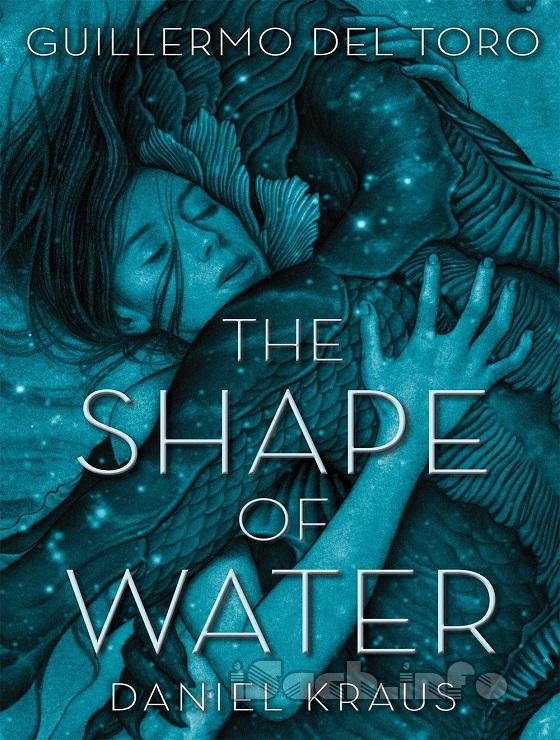Chapter 10
T
he revolving door of Klein & Saunders works its sleight of hand. On the street side, among briefcasers juking toward their next meeting, Giles is adrift, ancient, useless. The rotating chamber is where the metamorphosis happens, the glass turnstile reflecting an infinitude of possible, better selves. When Giles is ejected onto the lobby’s chessboard marble, he’s a new man. Art in hand, and with a place to take it, he’s important.It’s been like this since before he can recall, the producing of art a mere prelude to the delight of having it, a concrete object he’d willed into being. Everything else he has is like his derelict apartment—at the end of the day, only rented. The first objet d’art in his life was a human skull his father had won in a poker game, named Andrzej after the Pole from whom it’d been won. It was Giles’s first study; he drew it hundreds of times, on the sides of envelopes, atop newspaper faces, on the back of his hand.
How he got from sketches of skulls to working at Klein & Saunders twenty years later he can barely recall. His first job was at the same Hampden-Woodberry cotton mill as his father, habituating himself to the tickle of cotton fibers in his nose, the callouses wrought by pitching bales, the soft second skin of red clay anytime he ran cotton from Mississippi. At night, sometimes all night, he painted on discarded paper he plundered from work, rampageous portraitures that sustained him better than food, and make no mistake—he was plenty hungry. He used the Mississippi clay on his arms to make his oranges pop. Decades later, it would still be his secret.
In two years, he’d left behind both the mill and his confused father to take an art department job at Hutzler’s department store. A few years later, he moved to Klein & Saunders, and there spent most of his career. He’d been proud, but not satisfied. His nagging discontent had something to do with art. True art. He’d once defined himself by that word, hadn’t he? All those abstracts of Andrzej, all those male nudes wild-lined from cotton-bale callouses and blood-orange with Biloxi mud. Giles slowly came to feel that each false smile of joy he painted for Klein & Saunders vampired real joy from those who gauged their own happiness against advertising’s impossible standards. He knew the feeling. He felt it every day.
Klein & Saunders works with prestigious clients. Hence the waiting room stocked with cardinal-red chairs of au courant German design and the libations cart managed by Hazel, the redoubtable receptionist who outdates Giles. Today, though, Hazel is absent, and some ad man’s fawn-legged secretary has been tossed before a dozen impatient execs, a smile bolted to her fearful face. Giles watches her accidentally sever an incoming call while fretting over a tray of half-made drinks. He assesses the room’s mood by the cloud of cigarette smoke: not lounging like Michelangelo’s Adam, but scattered in locomotive puffs.
He forgives her for taking a minute to notice him.
“Mr. Giles Gunderson, artist,” he heralds. “I have a two-fifteen with Mr. Bernard Clay.”
She pushes a button and garbles his name into the receiver. Giles isn’t convinced the message has been transmitted but can’t bear to ask the poor thing to try again. Giles faces the throng. It’s incredible, he thinks, that twenty years later part of him still desires to run with this stalking, snarling pack.
He considers the secretary, the drink cart. He sighs and steps behind the latter, clapping his hands for attention.
“Good sirs,” he calls out. “What say this afternoon we mix our own drinks?”
They sputter at this interference into their rightful disgruntlement; each man hoists one eyebrow high onto his forehead. Giles knows this feeling, how pique slides toward suspicion. After all this time, he doesn’t know how people so quickly sniff out that’s he different. He thinks he can feel his toupee tape begin to rip free. Should this moment tip wrongly, his rug will be the least of his problems.
“The advantage being,” Giles proceeds, “that we can make them as wet as Baltimore is dry. Who’s for a martini?”
The gamble pays off. Midafternoon businessmen, at their core, are toddlers—dehydrated and cranky—and one man’s Hear, hear is pursued by another’s Amen to that, and in a snap Giles is tending bar, performing speed pours and carving lemon twists to fraternity-house hurrahs. In the midst of the debauch, he gestures everyone aside so he can shake to life a single Brandy Alexander and present it to the secretary like an Academy Award. Everyone applauds, the girl blushes, sunlight skims off the cocktail’s frothy top like a Hawaiian horizon, and for a moment Giles feels as if his world is once more ripe with potential.



 ePub
ePub A4
A4